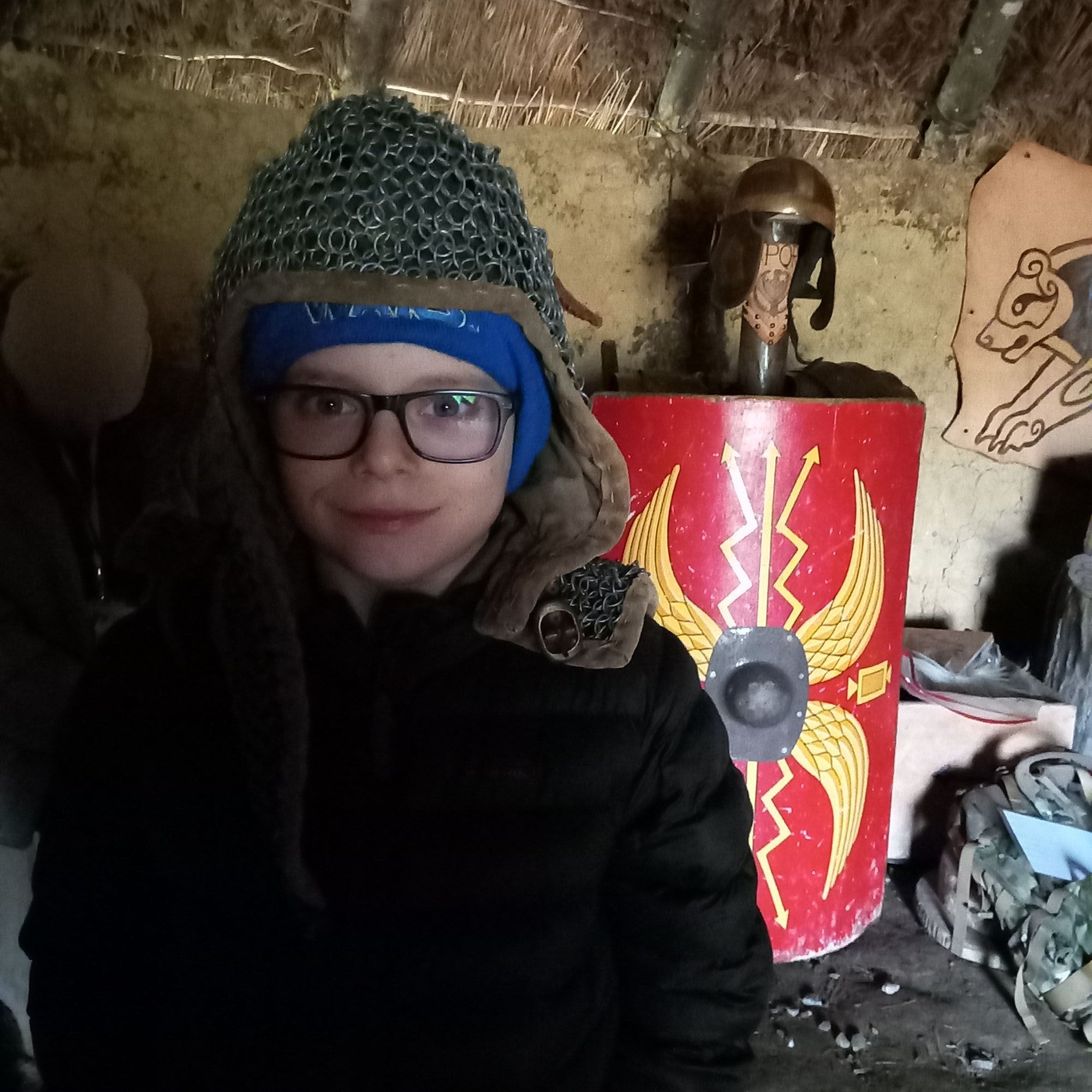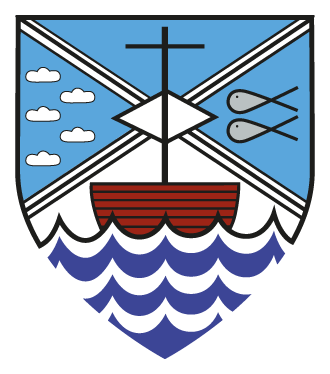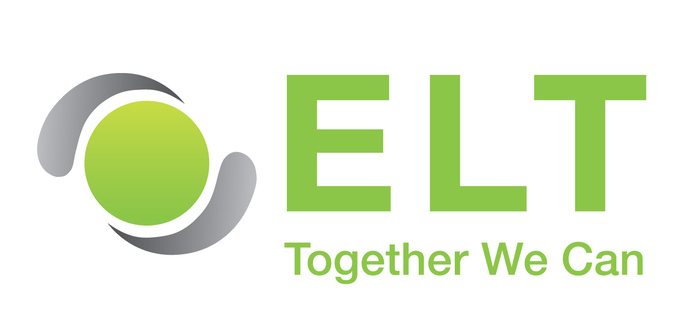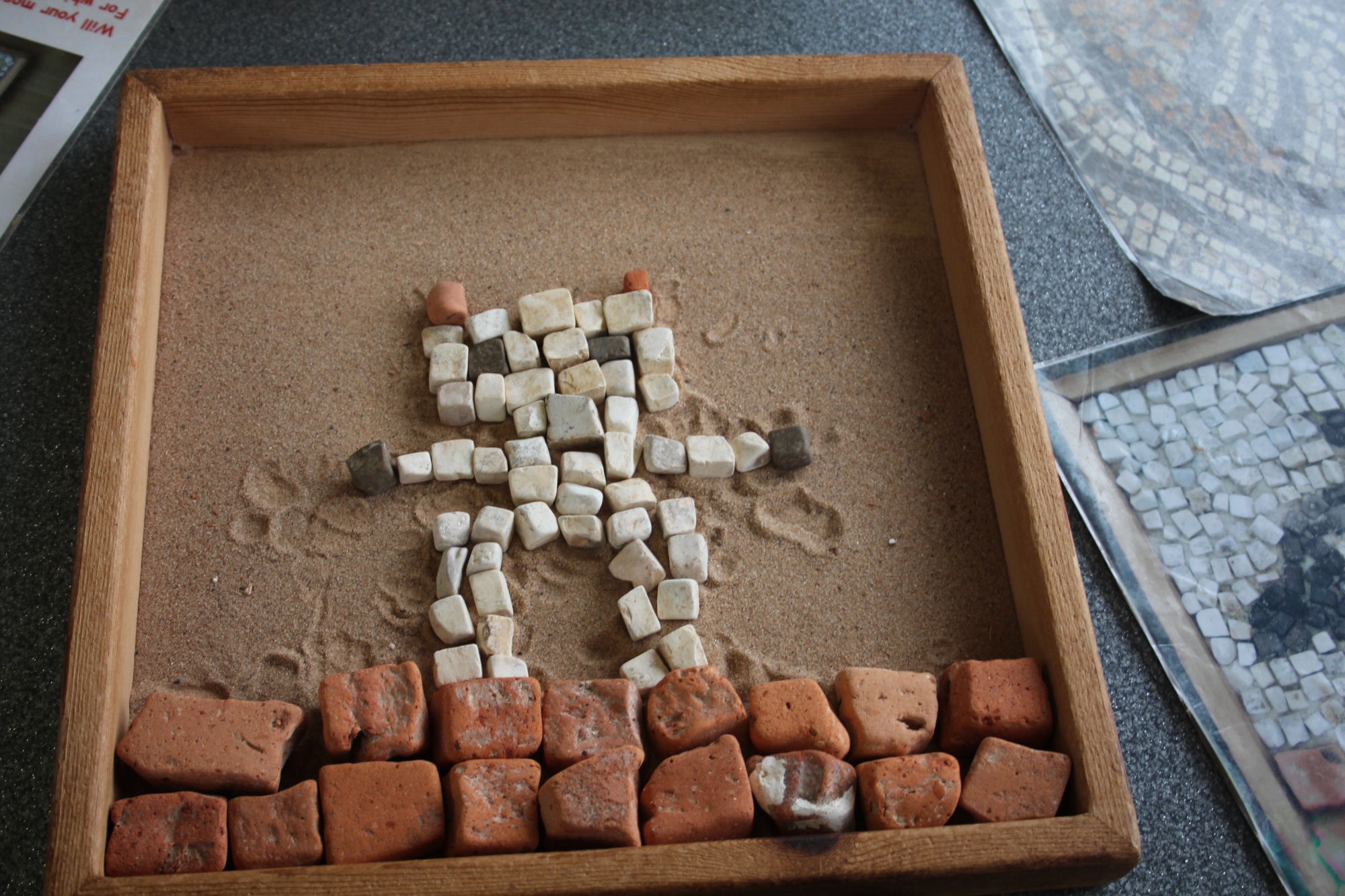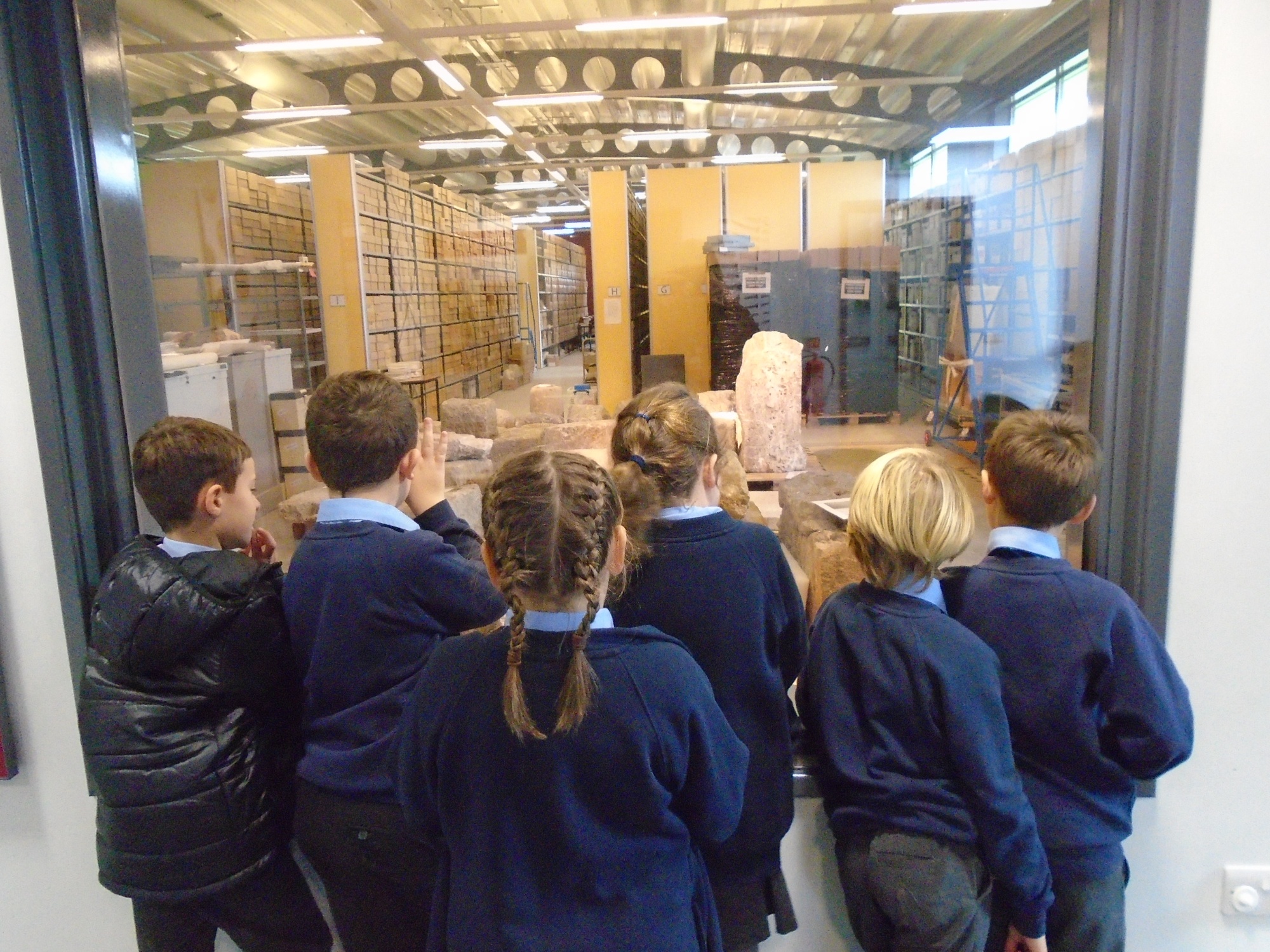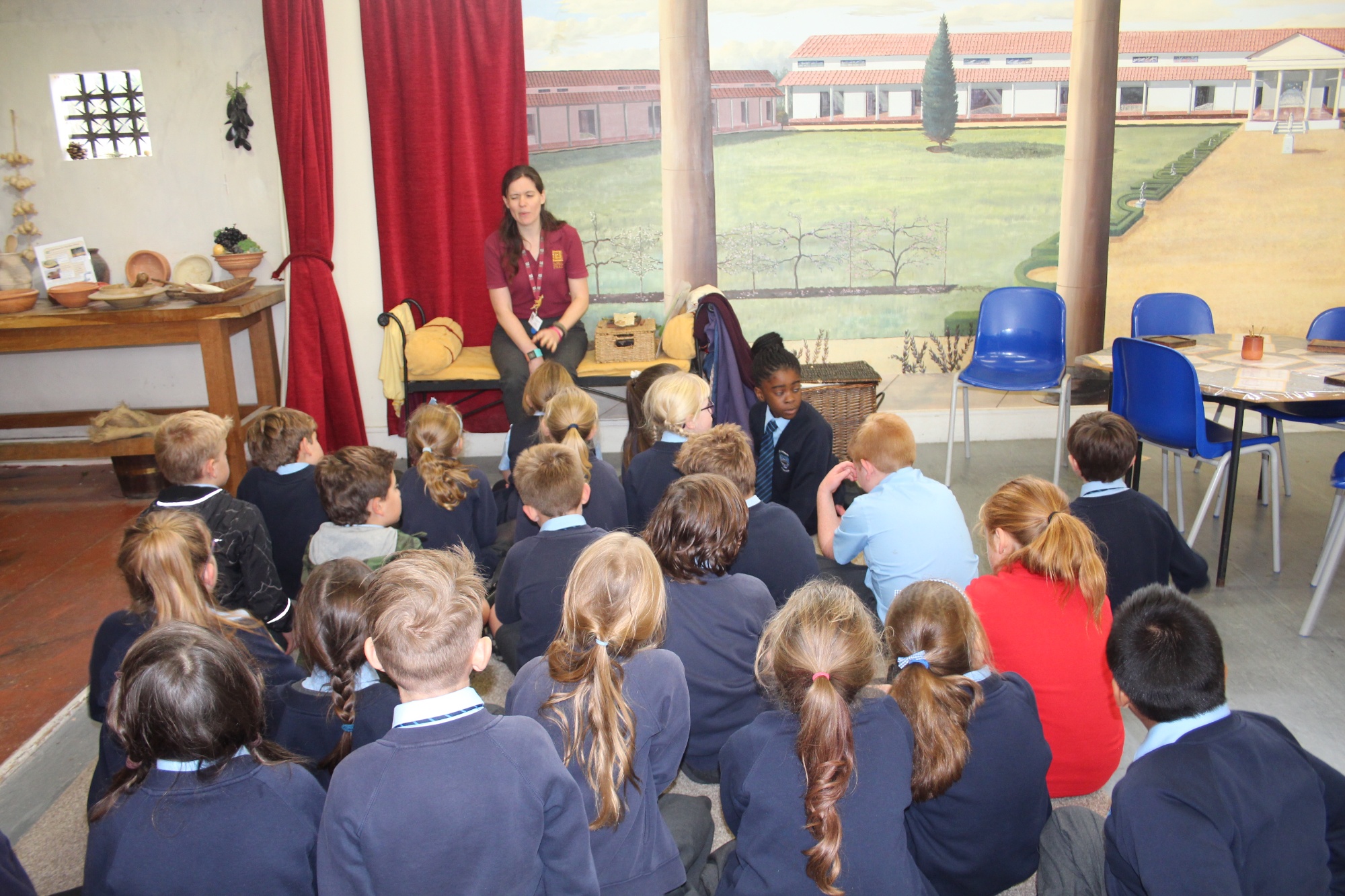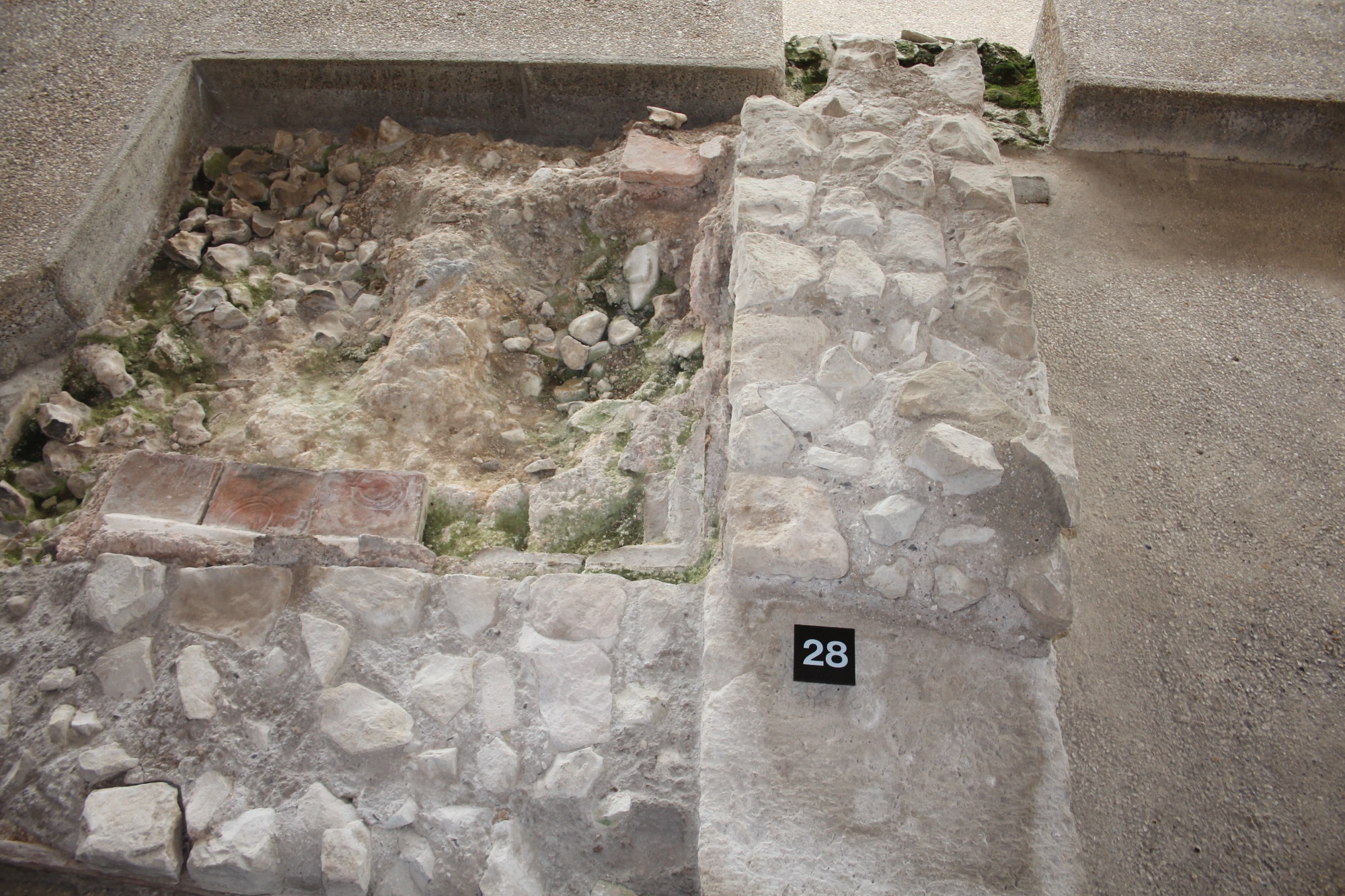History
"The more you know about the past, the better prepared you are for the future!" Theodore Roosevelt
The History Curriculum at St Andrew’s is carefully mapped out so that all pupils leave primary school equipped with an understanding of the past that paves the way for their future. Throughout their journey in history, pupils will acquire a breadth of places and people and significant events through time: locally, nationally and internationally.
What does out approach to History look like in the classroom?
In Key Stage 1 pupils develop their understanding of chronology focusing on continuity and chance and then learning about significant events beyond living memory. Pupils further develop their chronological understanding through a deep dive into the lives of significant individuals.
In Key Stage 2 the history curriculum divides into two main strands; a study of Britain’s past and a series of studies about Civilisations around the world and their influence on lives today. When studying British history, time periods are taught chronologically starting with the Stone, Bronze and Iron Age then exploring the significance and impact of invaders and settlers. Pupils then expand their chronological knowledge to significant events beyond 1066.
Through our History curriculum pupils will explore the origins of the UK and now different cultures have created the United Kingdom. They will begin explore the history and legacy of Empire and slavery.
How do we measure success in History?
By building up a knowledge of substantive concepts, pupils are able to access increasingly complex material throughout the curriculum, which helps them to learn, understand and remember more. Pupils will have the opportunity to complete an ‘innovative task’, either independently or with others, to apply the skills and knowledge they have garnered in that unit in answering an enquiry question. Following the unit, both substantive and disciplinary concepts are revisited time and time again in different contexts enabling children to make progress in the discipline of history
Evidence of impact is gathered and monitored through a variety of methods.
-
End of unit quiz
-
Class observation
-
Gathering of pupil voice data
-
Book Looks to measure knowledge acquisition
